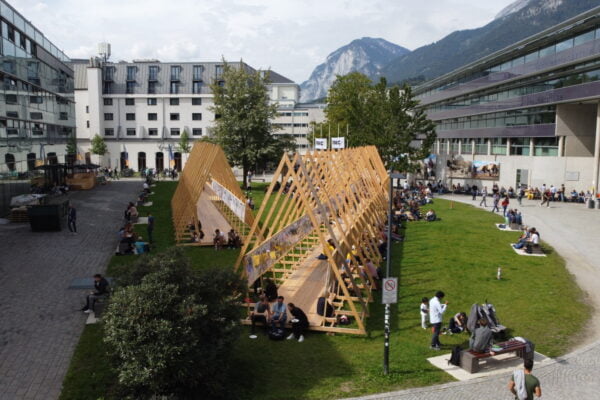
NAME:
SOWI - Garden
BUILDING:
SOWI
FLOOR:
0
TYPE:
Garden
CAPACITY:
2000
ACCESS:
Public Access
EQUIPMENT:
---
Mountain social-ecological systems face increasing pressures from land degradation, population growth, and climate change, necessitating innovative approaches to envision sustainable futures. We apply a participatory land use scenario planning tool to envision future land use scenarios for a mountain system in northern Thailand. Through participant engagement, we construct a historical change timeline that extends back some 50 years and can be used to identify driving forces and co-develop plausible futures. The process reveals both desirable and undesirable futures, as well as steps needed for achieving sustainability across the landscape where forests have been converted to cash crops. KESHO fosters collaborative future land use planning by integrating science-based and local knowledge while also enhancing the learning process and sense of ownership. This study provides critical insights for policymakers and communities striving to build sustainable land management of mountain systems in northern Thailand. The approach underscores the potential of participatory scenario planning in navigating sustainable and resilient mountain landscapes.

We and use cookies and other tracking technologies to improve your experience on our website. We may store and/or access information on a device and process personal data, such as your IP address and browsing data, for personalised advertising and content, advertising and content measurement, audience research and services development. Additionally, we may utilize precise geolocation data and identification through device scanning.
Please note that your consent will be valid across all our subdomains. You can change or withdraw your consent at any time by clicking the “Consent Preferences” button at the bottom of your screen. We respect your choices and are committed to providing you with a transparent and secure browsing experience.